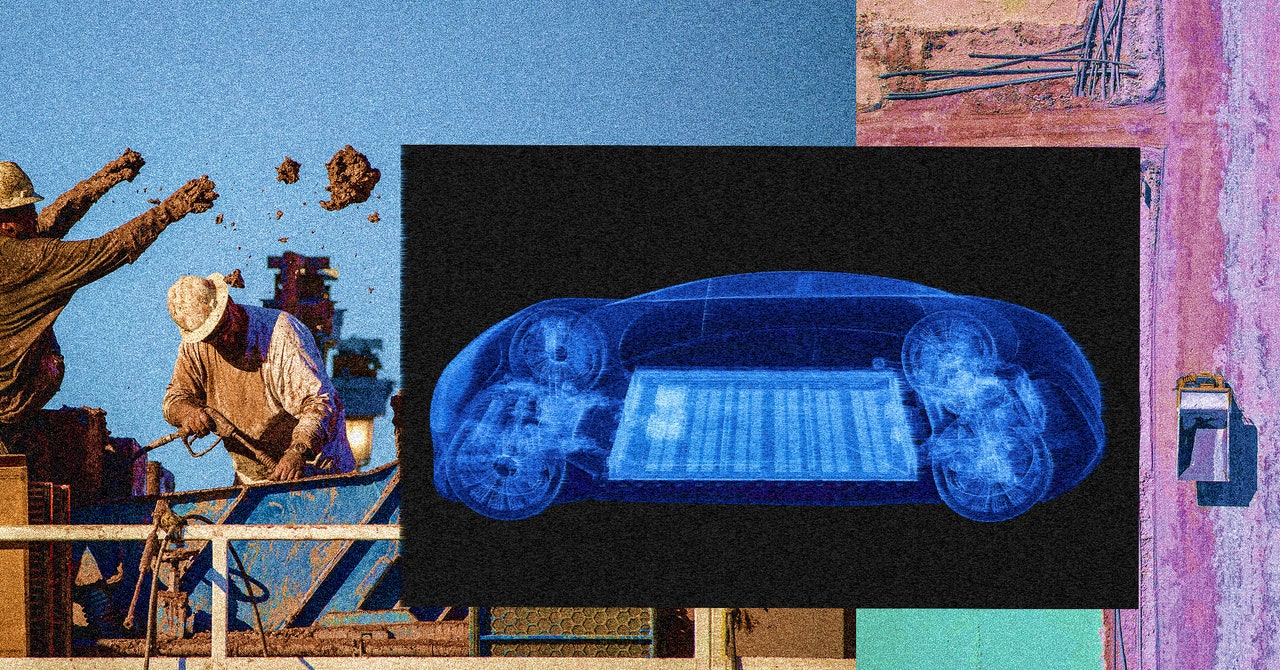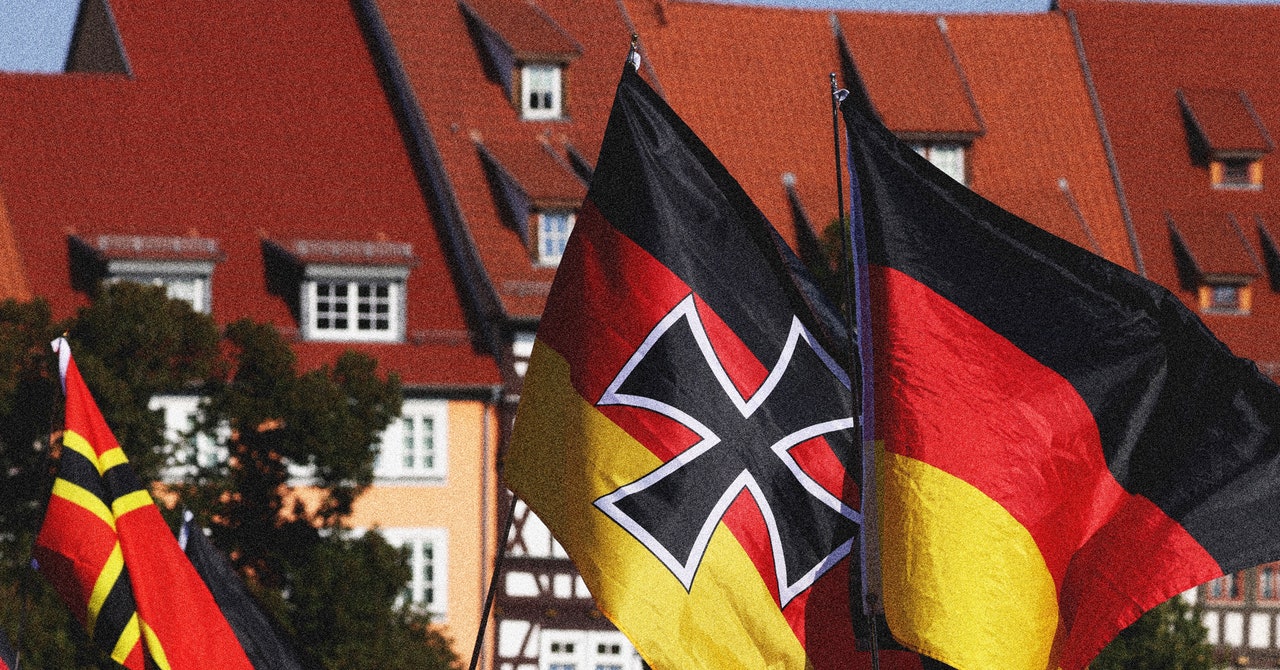“[BYD’s] the revelations show a serious lack of transparency regarding human rights concerns in battery supply chains,” said Amnesty’s Callamard. “Other low-scoring firms, such as Hyundai and Mitsubishi, lack the necessary depth and information to apply in key areas of human rights due diligence.”
“The commitments these companies report are often vague and provide little evidence of meaningful action, indicating they have a long way to go to meet international standards,” Callamard said.
While companies such as Renault and GM have stated their commitment to human rights due diligence and rank higher than some of the lowest scoring companies, they still provide limited evidence of fully integrating these commitments into their supply chain operations of supplies, with scant information on their risk assessments, according to the report by Recharge for Rights.
BMW, Mercedes-Benz, Tesla and VW have “more work to do” to “identify actual and potential human rights risks in [their] supply chains,” Amnesty said, but the fact they achieved a “moderate” score “should be a model for others to follow,” Recharge for Rights said.
Automatic matching
Mitsubishi said the Amnesty report was based on information from 2023, “but we have undertaken numerous efforts since then”. Those measures, the Japanese company said, include using AI to “analyze potential supplier relationships related to conflict minerals and other issues.”
“Our supply chain compliance program sets the highest standards,” Hyundai said, adding that it is “committed to a sustainable, ethical supply chain that protects human rights, environmental protection and safety.”
“For years, we have been committed to respecting human rights, even beyond legal requirements,” Mercedes-Benz said, stressing that it “ranks best among the car manufacturers rated” in Amnesty’s report.
A history of criticism
Mining for minerals can be extremely lucrative for mining companies, but the people who live near these resources rarely, if ever, benefit. For some Brazilian communities, that changed last month following a lawsuit that will be scrutinized by industries that rely on such minerals, including the automotive sector.
The largest class action in England’s history was filed in London on October 21, a claim involving 700,000 individuals seeking compensation following the devastating 2015 tailings pond rupture. on the Doche River in southeastern Brazil. Nine years later, the Doche River, which the local Krenak people worship as a deity, is still poisoned by toxins linked to the iron ore mine flood.



